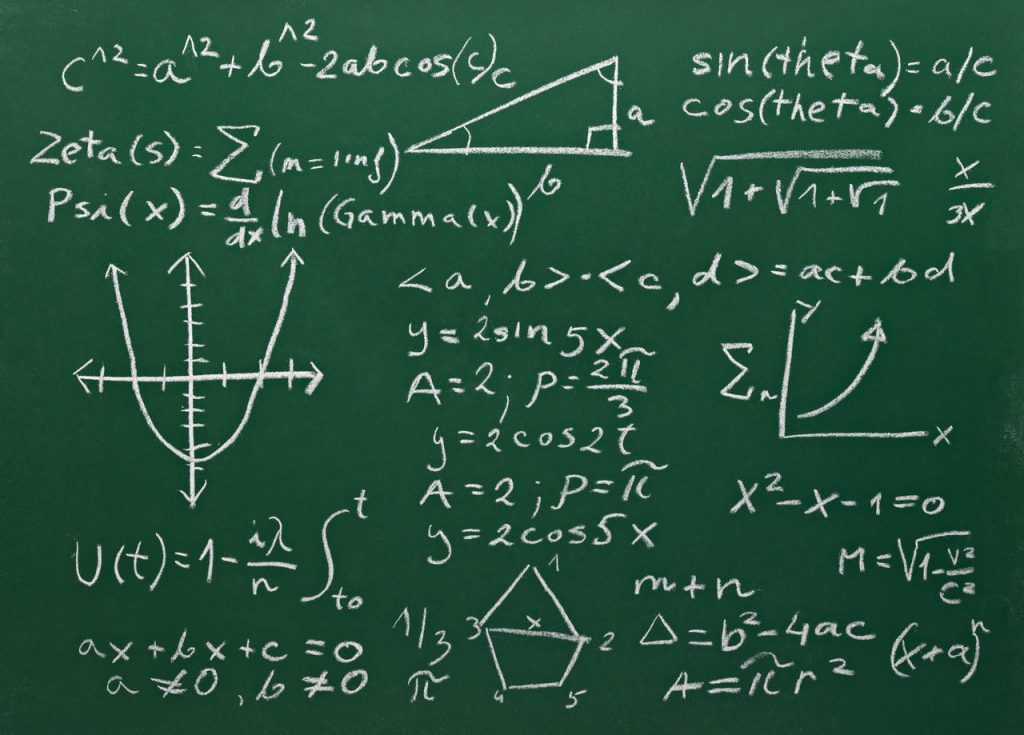What do you need to know about Pelagianism?
What do you need to know about Pelagianism?
What is Pelagianism? Pelagianism is the unbiblical teaching that Adam’s sin did not affect future generations of humanity. According to Pelagianism, Adam’s sin was solely his own, and Adam’s descendants did not inherit a sinful nature passed down to them.
Why is Pelagianism considered heresy in the Catholic Church?
If the human will has the power and the freedom to choose goodness and holiness on its own, then the grace of God is rendered meaningless. Pelagianism reduces salvation and sanctification to works of human will rather than gifts of God’s grace. Why Is Pelagianism Considered Heresy?
What was the fate of Pelagius and Celestius?
Condemned by two councils of African bishops in 416 and again at Carthage in 418, Pelagius and Celestius were finally excommunicated in 418; Pelagius’s later fate is unknown. The controversy, however, was not over.
When was Pelagius excommunicated by the church?
Pelagius and his false doctrine were fought by Augustine and condemned by the Council of Carthage in AD 418, the same year that Pelagius was excommunicated. The doctrine did not disappear, however, and had to be condemned again by the Council of Ephesus (431) and later church councils.
How did the School of Pelagianism get its name?
Pelagianism takes its name from the British monk Pelagius, who prompted a school of thought that denied several fundamental Christian doctrines including original sin, the fall of man, salvation by grace, predestination, and the sovereignty of God. Pelagianism was vigorously opposed by St. Augustine of Hippo, a contemporary of Pelagius.
Who was Pelagius and what did he believe?
Written By: Pelagianism, also called Pelagian Heresy, a 5th-century Christian heresy taught by Pelagius (q.v.) and his followers that stressed the essential goodness of human nature and the freedom of the human will.
What does Pelagianism say about the sin of Adam?
According to Pelagianism, Adam’s sin was solely his own, and Adam’s descendants did not inherit a sinful nature passed down to them. God creates every human soul directly, and therefore every human soul starts out in innocence, free from sin. We are not basically bad, says the Pelagian heresy; we are basically good.
